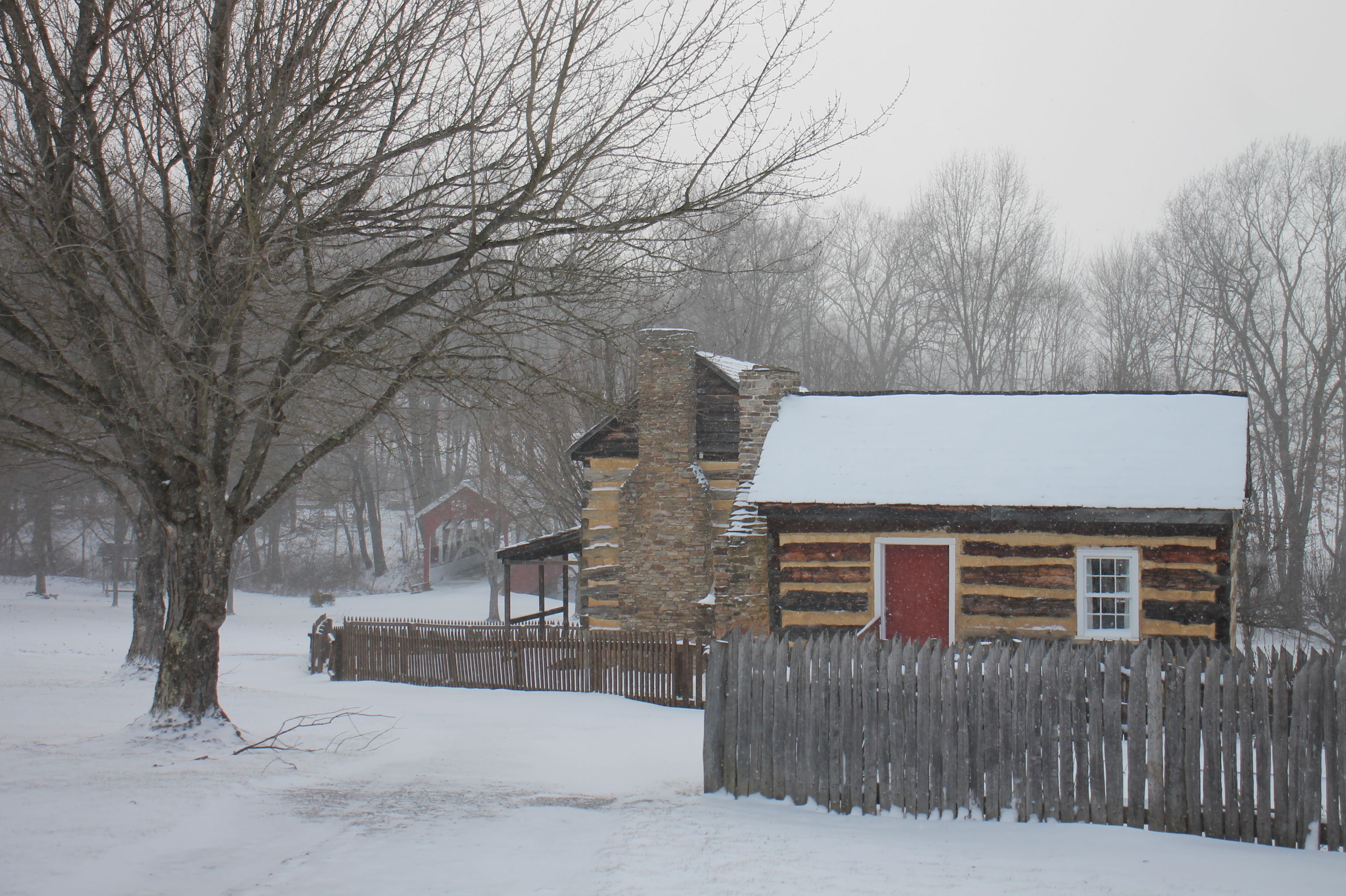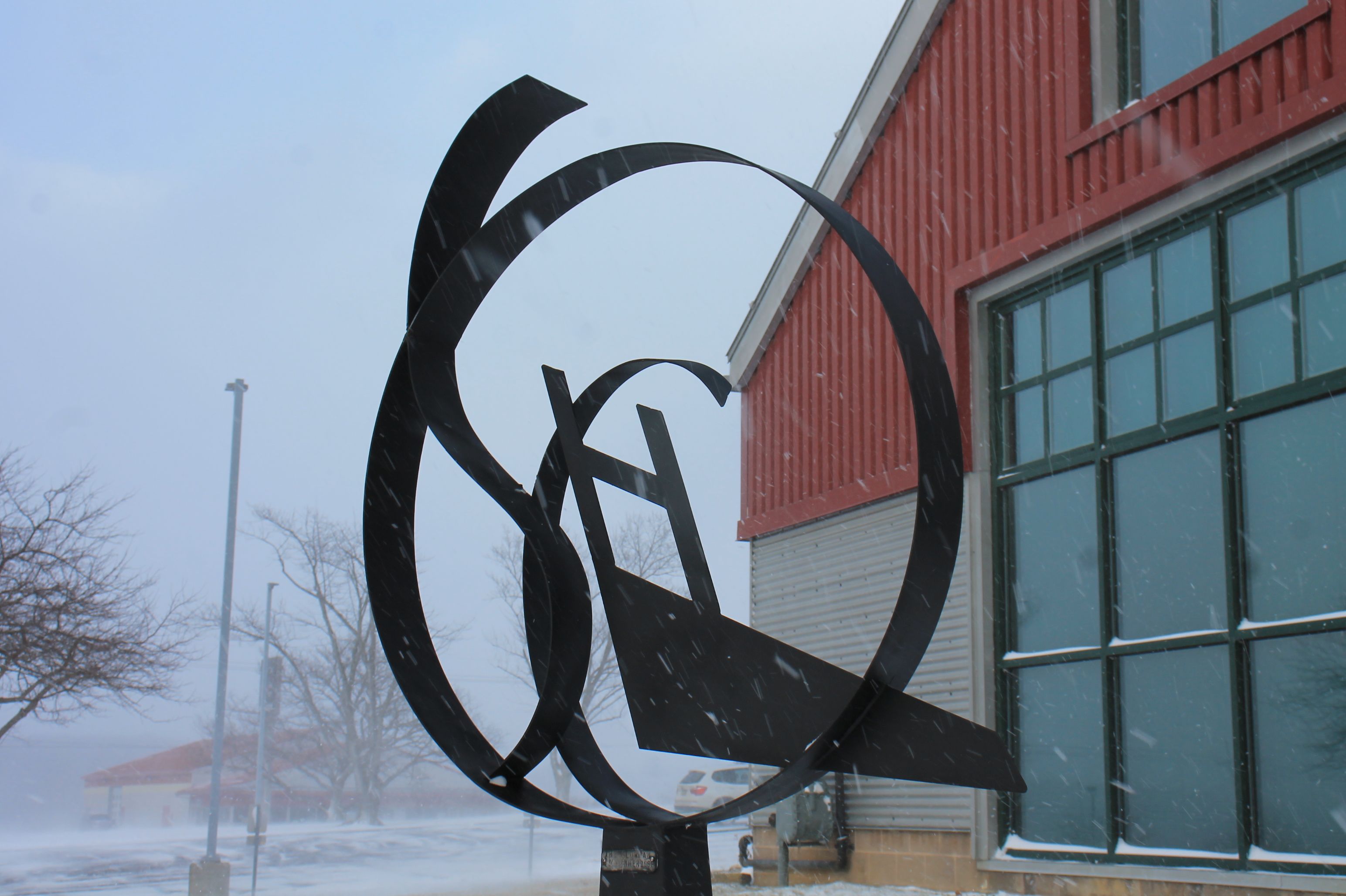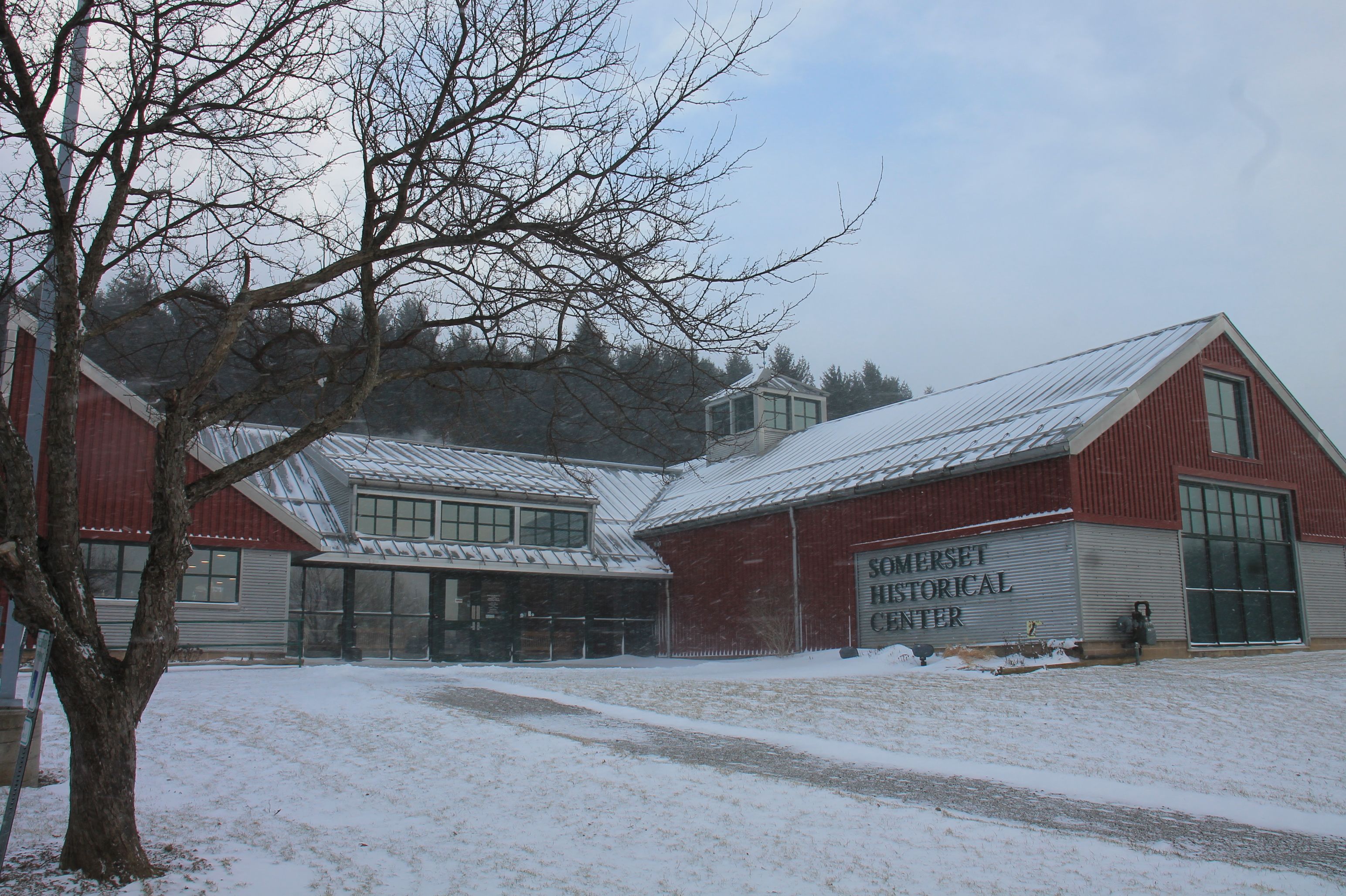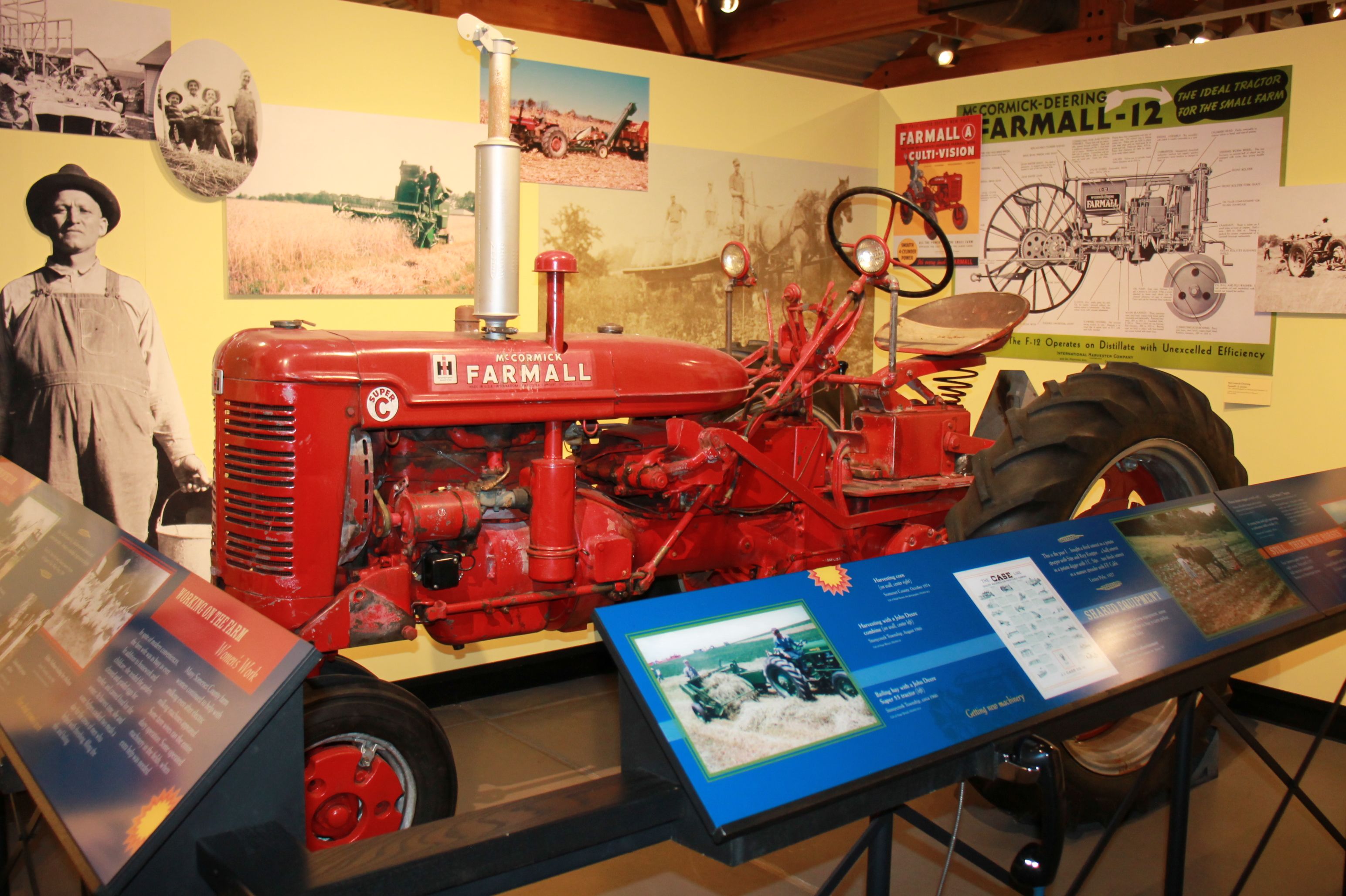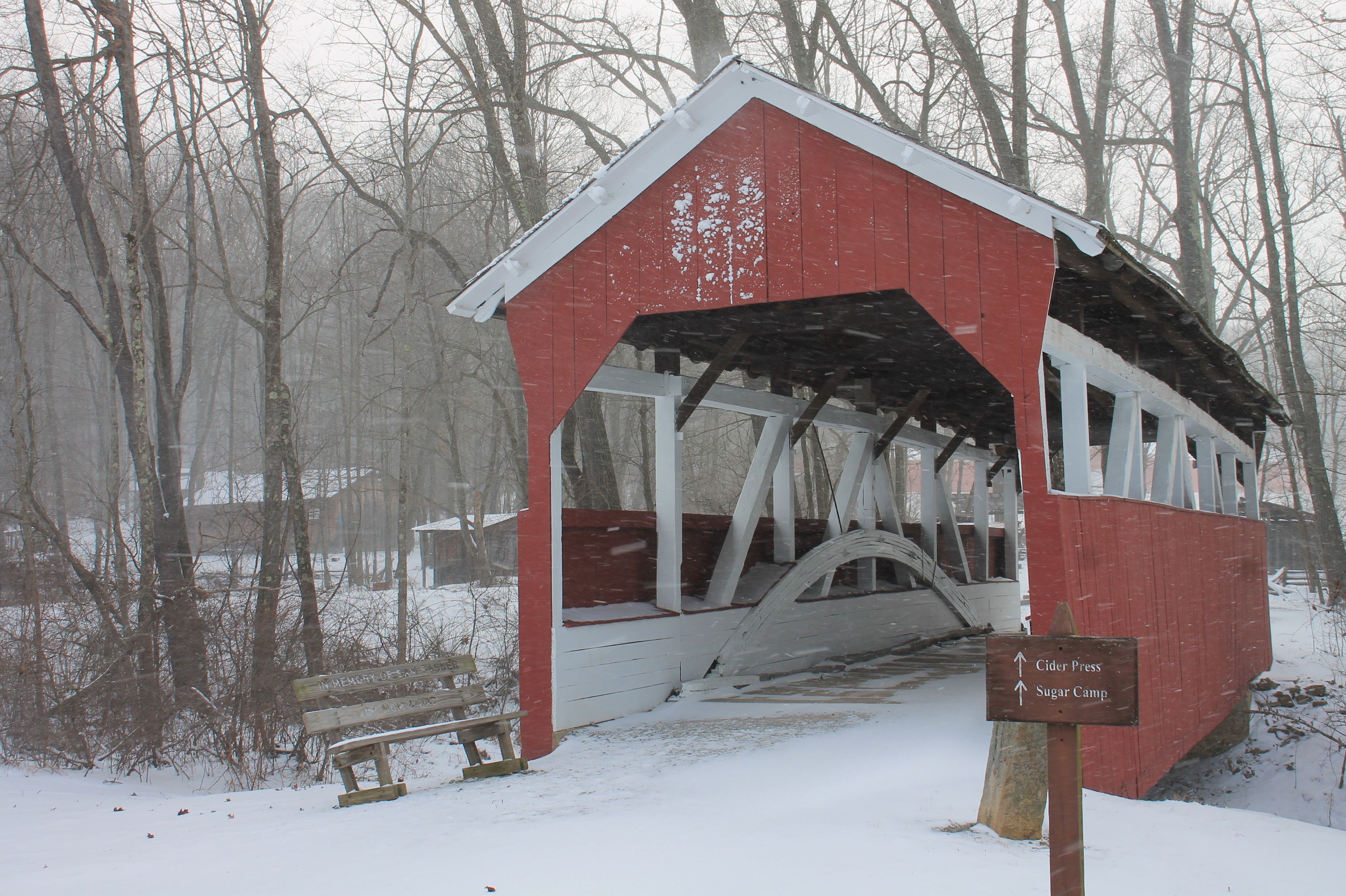Antique Spinning Wheel Symposium
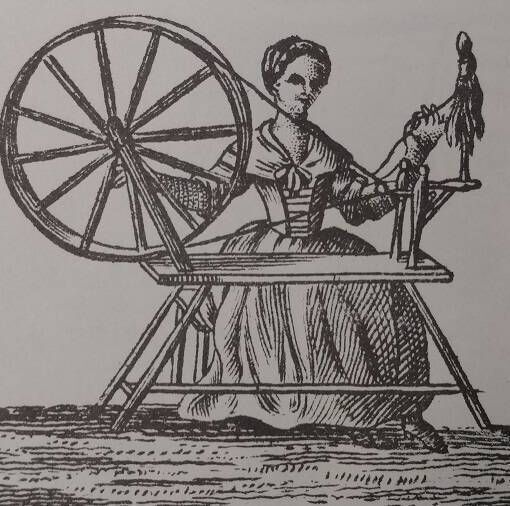
Come join other antique spinning wheel enthusiasts for a weekend of information sharing and learning!
Click here for more information and to complete registration
TENTATIVE SCHEDULE
subject to change
Friday July 18, 2025 1:00-4:00
-optional:
-Hands on Flax Processing with Gina Gerhard hands-on session of flax processing where everyone can work with flax tools
-Spinning Wheel Repair- using common tools we will work with wood, leather, and wire to make common repairs on antique spinning wheels. Hands on demos to include making leather bearings, cleaning out old bobbins and replacing leather bearings, and replacing hooks
Friday July 18, 2025
-6:30-7:00 Registration and Reception
-7:00-8:00 Mark Ware- Somerset County wheel makers and some rare and unusual wheels in the collections at Somerset Historic Center
-8:15-9:15 Tour of the Somerset Historic Center
Saturday July 19, 2025
-9:00-9:30 hot beverages/snacks
-9:30-10:30 Enrica McMillon- Great Wheel Tension Mechanisms- A discussion of the various types of tensioning mechanisms found on great wheels including single screw, sliding, barrel, green stick and double nut. We will explore the areas the different tension systems were found and other identifying characteristics
-10:45-11:30 Florence Feldman-Wood- Moving-Spindle Spinning Wheels in Review
Moving-spindle wheels have fascinated me for many years and I have been
researching, writing, and lecturing about them. In this lecture you will learn how to identify
pendulum wheels, lever-action wheels, and track wheels. These are just a few variations of the
moving-spindle wheels American and Canadian inventors devised during the mid-19th century.
Their aim was to make handspinning more efficient and easier for the handspinner. Diagrams
will illustrate how these complex wheels functioned. For some of the U. S. patented wheels,
patent models still exist.
-11:30-12:30 lunch-included in registration
-12:30-1:00 Travel to Springs Historical Society of the Casselman Valley https://www.springspa.org/museum.php
-1:00-4:00 Beth Page-director- The family of Joel B. Miller, spinning wheel makers and their wheels followed by tour of the museum, their collection of textile tools including many made by the Miller family
Dinner- on your own
-6:30-8:30 Spin-In at Somerset Historic Center
Sunday July 20-2025
-9:30-10:00 light refreshments
-10:00-11:00 Mathilde Lind- Estonian Spinning Wheels
-11:15-12:00 Erika Keller- Heinrich Zuber-19th century spinning wheel maker in Montgomery County PA
-12:00-1:00 Lunch-included in fee
-1:00-4:00 Choose two workshops when registering: Each workshop will be given and hour and 20 minutes with a 20 minute break in between workshops
#1- Spinning fine linen and flax tow. We will have a variety of linen and tow wheels for viewing and some for spinning. Also to be discussed: dressing various types of distaffs and the use of an Estonian winding tool, "the Nix." Each participant will be given a Nix to take home.
#2- Tips on great wheel/spindle wheel spinning. Hands on fiber prep with a drum carder and hand carders, making corn husk and leather bearings, spinning on multiple great wheels for practice
#3- Those Crazy Wheels! Up close look at moving spindle wheels, pendulum wheels and other oddities. You can even try out a pendulum wheel.
Cancellation policy: Refunds possible prior to July 1, 2025. A $50 processing/administrative fee will be subtracted from refund.
About The Presenters
Florence Feldman-Wood Florence
Florence Feldman-Wood has been publishing the quarterly newsletter, The Spinning Wheel
Sleuth, A Newsletter about Spinning Wheels and Related Tools, since 1993 and the annual
Hand Looms Supplement since 1998. Her favorite area of research is patented moving-spindle
wheels. She had the unique opportunity to photograph and study the patent models of spinning
wheels at the Smithsonian in Washington, DC.
Gina Gerhard
Gina is an historic textile demonstrator specializing in flax as well as woolen and worsted
spinning and natural dyeing. She enjoys collecting original flax tools, spinning wheels, and a
wide variety of period linens and woolens. She was one of the planners of the Flax & Linen
Symposium held in 2016 at Historic Deerfield, and recently relocated to the Eastern Shore of
Maryland and now demonstrates at historic sites in the mid-Atlantic area.
Erika Keller
Erika has been repairing antique spinning wheels for over 8 years. Her extensive woodshop and
collection of wood working tools in combination with her collection of over 100 antique
spinning wheels allow her to fabricate repairs in a sympathetic manner to the original. Erika has published numerous articles on repair in The Spinning Wheel Sleuth Newsletter and presented at the Textile History Forum and the Antique Spinning Wheel Symposium.
Mathilde Lind
Enrica Hofer McMillon
Known on Ravelry as White Oak Grandma, Enrica’s interest in great wheels stems from
early childhood, when she was taught to spin by her grandmothers. She was raised on a
farm in one of the most remote parts of West Virginia. There, older people were still living a
19th century horse and buggy lifestyle, including spinning yarn for utilitarian uses.
Equating spinning with fairy tales, Enrica wanted to spin, finally being taught at age seven.
She has been spinning ever since. Prompted by the back-to-the-land movement of the
1970’s, she began teaching others to spin.
After the advent of social media she discovered there were people who believed ALL
wheels from the Appalachian region and in general the southeast, had the characteristics
attributed to Appalachian wheels in Pennington and Taylor’s “A Pictorial Guide to American
Spinning Wheels”. Though generally accurate, Enrica was familiar with other qualities,
including tension systems. Anything she posted to the contrary was dismissed, prompting
her to begin a study of great wheels and their locations based on sales listings posted on
Ravelry. Her main focus was to show where various tension types were found.
The way she organized her files made the database useful for researching other information
on great wheels. That database now includes nearly 10,000 wheels and has taught her
more about great wheels than she even thought there was to learn, including a better
understanding of American history.
Mark Ware
Besides having researched Somerset County wheel makers, Mark worked several decades with
the Pennsylvania Historical and Museum Commission as a Museum Educator and recently retired as the Executive Director of the Somerset County Historical Society. He learned to spin at the age of
12, shared an interest in Spinning wheels with Elizabeth Haupt, collector of spinning wheels and
inherited her collection upon her death. Together, they traveled around PA presenting
demonstrations of flax/wool processing and spinning.

